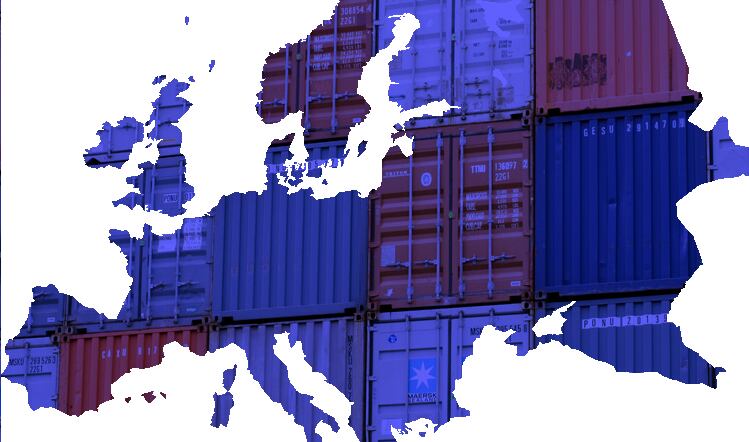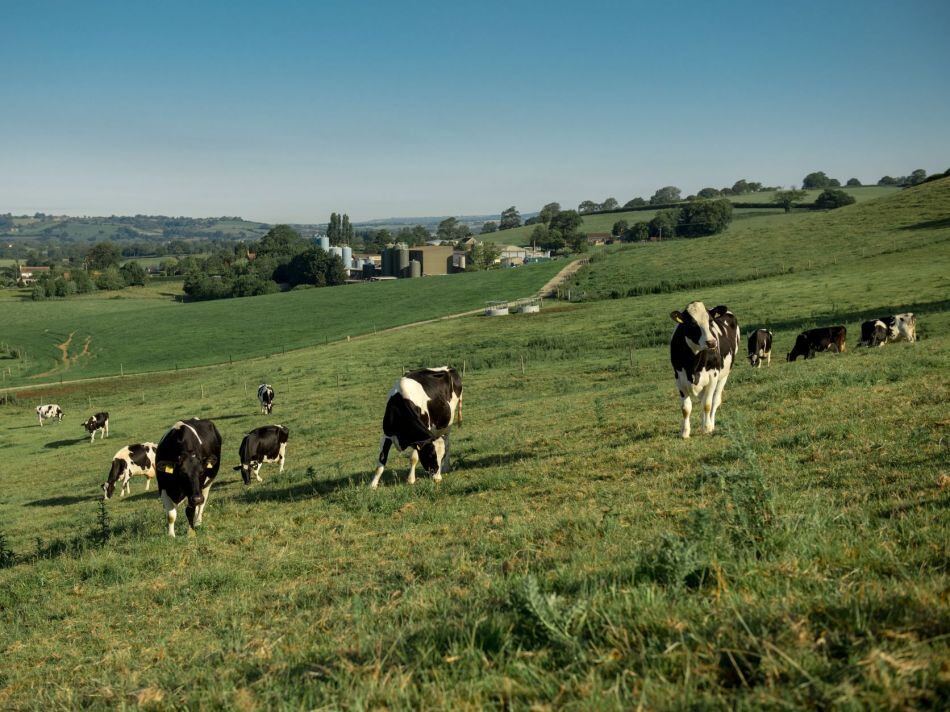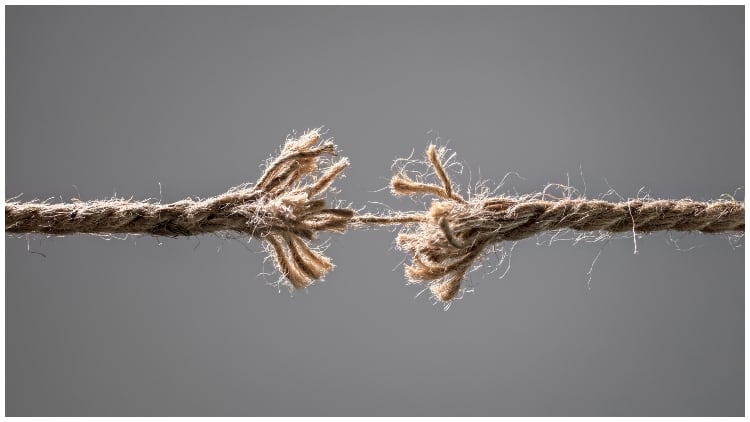Proposals set out in the new ‘Border Target Operating Model’ are part of the latest plan to impose the food import controls required of the UK under both the free trade agreement with the EU and World Trade Organisation rules.
Requirements include all business importing fresh or frozen meat, dairy and other goods to provide an export health certificate alongside goods entering the UK, export certificates to be signed in person by a vet at point of departure and for all goods in medium and high risk categories to be subject to documentary checks.
‘Massive disappointment’
CCF chief executive Shane Brennan said the proposals were a massive disappointment that solved none of the ‘real risks’ facing the post-Brexit food supply chain and will exacerbate shortages on the shelf and food inflation.
“When plans to bring in controls starting from July 2022 were cancelled, we were promised a fundamentally new approach to how the UK would manage its border, that is not what this proposal is,” said Brennan. “None of the fundamental problems have been solved and business have nowhere near enough time to prepare.
‘Expensive, slower and more complicated’
“Groupage, which is the only cost-effective way to move smaller volumes of food goods into food retail, restaurants and more, will no longer be workable under the new regulations so we can expect a collapse in the volume of speciality products coming into the UK. Overall, exporting products such as meat and dairy from the EU into the UK will be more expensive, slower and more complicated.”
Brennan warned that many EU-based food exporters will look at these proposals and decide to cease supplying UK customers.
“As the recent tomato shortages have shown, food suppliers have plenty of options to sell elsewhere. Bringing in this scheme, in this form, at this pace, at a time of spiralling food price inflation and ongoing supply shortages is a really bad idea,” he concluded.
The documentary controls are set to come into force from October 2023.





